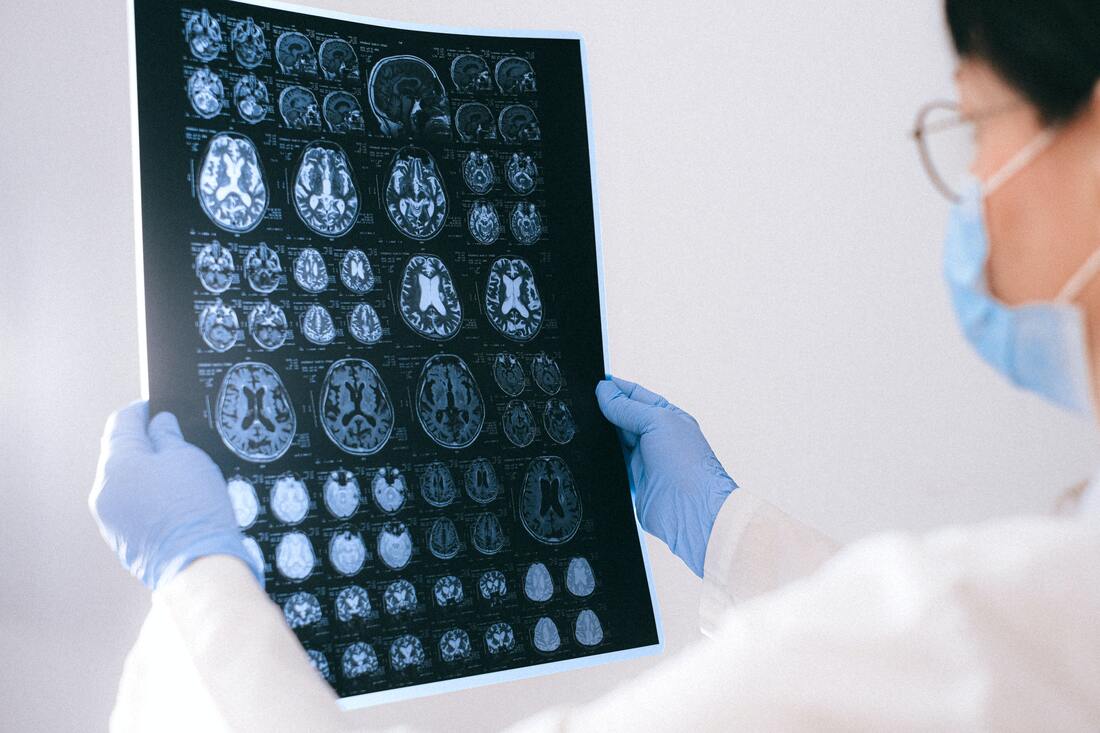|
This blog post was originally published on 3/8/2021 and updated on 3/14/2022. Every March, organizations across the globe recognize Brain Injury Awareness to shed light on the millions of individuals and their families living with the impacts of brain injury. In the United States, over 5 million children and adults are living with brain injury.
A brain injury is defined as an external or internal insult to the brain which impacts how someone thinks, feels, behaves, and experiences the world around them. Several sub-definitions of brain injury provide further ways to classify the type of injury that has been sustained: Acquired Brain Injury (ABI) Occurs after birth. Not developmental or hereditary in nature. There are two types of ABI. Traumatic Brain Injury (TBI) “...alteration in brain function, or other evidence of brain pathology, caused by an external force..” such as from a fall, car accident, or gunshot wound. Non-Traumatic Brain Injury (TBI) “...causes damage to the brain by internal factors, such as a lack of oxygen, exposure to toxins, pressure from a tumor…”. The challenges that accompany a brain injury are often “invisible”. There may be greater effects on internal functioning like memory, thinking, attention, mood, and navigation through social relationships. For some, there are changes in physical functioning, appearance, and speech production. Individuals who have sustained a brain injury may work with a team of professionals to help them along with their healing journey, including: Neurologists Trauma Surgeons (Neuro, Clinical) Psychologists Physiatrists Primary Care Physicians ENTs Counselors Social Workers Occupational Therapists Speech-Language Pathologists Physical Therapists Support Groups Chiropractors Opthamologists And many more... Every day, organizations around the world are working to improve brain injury education, advocacy, and access to resources. As we recognize Brain Injury Awareness Month, we encourage sharing information that will elevate the understanding of brain injury. We welcome recommendations for other resources! Resources/References: American Stroke Association Brain Injury Association of America Brain Injury Association of Georgia Brain Injury Association of Maryland Brain Injury Association of North Carolina Brainline Centers for Disease Control & Prevention Constant Therapy Constant Therapy Health: Tips for Improving Memory Love Your Brain - Mindful March Campaign National Aphasia Association
0 Comments
Your comment will be posted after it is approved.
Leave a Reply. |
Devon Brunson, MS, CCC-SLP, CBISWelcome to the CSL Blog - musings about treatment, education, care, and advocacy. Archives
June 2024
Categories |

 RSS Feed
RSS Feed